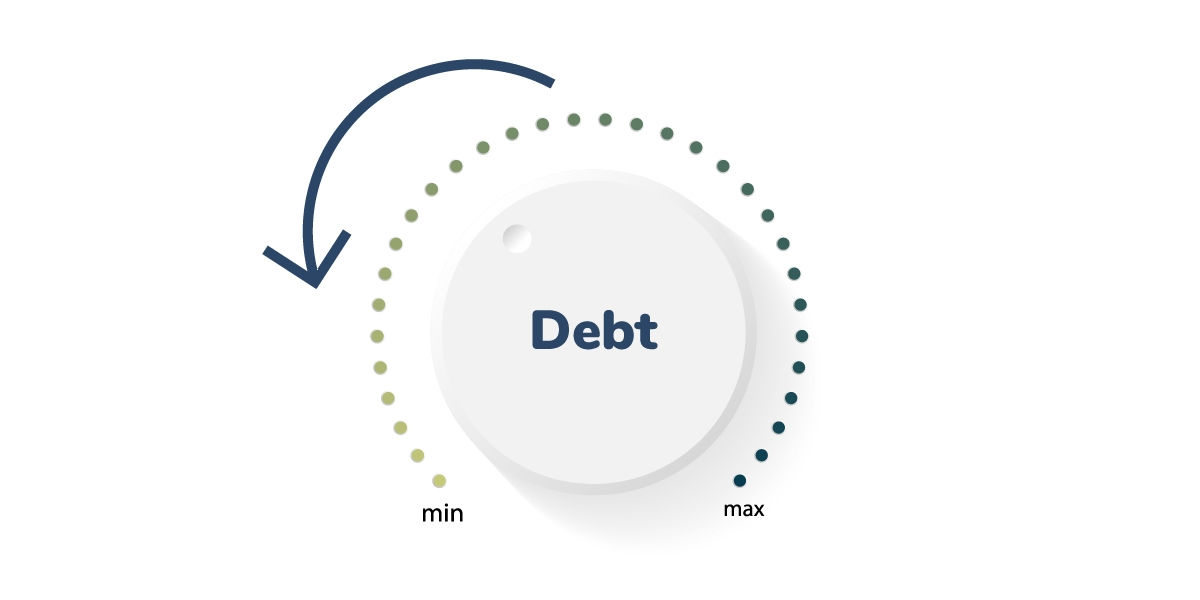Many people struggling with debt consider credit counseling as a way to regain financial stability. However, a common concern is whether seeking credit counseling will negatively affect a credit score. This article explores how credit counseling works, its potential impact on credit scores, and what consumers should know before enrolling in a program.
What Is Credit Counseling?
Credit counseling is a service provided by nonprofit organizations and financial experts to help individuals manage their finances and debts more effectively. It typically includes a financial review, budgeting assistance, and tailored advice for handling debt. Some organizations also offer educational workshops and long-term financial planning to prevent future financial hardships.
A core component of credit counseling is developing a strategy to address financial challenges. Counselors may suggest methods such as expense reduction, direct negotiations with creditors, or enrolling in a structured debt repayment program. Although credit counseling itself does not directly impact credit scores, some elements of debt management plans (DMPs) may have effects worth considering.
How Debt Management Plans Work
A debt management plan (DMP) is an agreement between a borrower and their creditors, facilitated by a credit counseling agency, to repay unsecured debts in an organized manner. Through a DMP, the credit counseling agency negotiates with creditors to reduce interest rates, eliminate fees, and establish a manageable repayment schedule.
Participants in a DMP send a single consolidated monthly payment to the credit counseling agency, which then distributes the funds to creditors. This approach simplifies debt repayment and ensures timely payments. However, enrolling in a DMP may lead to creditors reporting the account as being under a repayment plan, which can have certain credit score implications.
Will Credit Counseling Hurt My Credit Score?
The act of seeking credit counseling does not lower a credit score. Consulting with a credit counselor and receiving financial advice will not be recorded on a credit report. However, enrolling in a debt management plan may lead to some changes in a person’s credit profile.
How a DMP May Affect a Credit Score
- Notations on a Credit Report
Some creditors may add a note on a credit report indicating that a consumer is participating in a DMP. While this notation does not directly impact the credit score, lenders reviewing the report may consider it when making lending decisions. - Possible Account Closures
Creditors may choose to close accounts once they are included in a DMP. Closing accounts can reduce the average length of credit history and lower available credit limits, which may temporarily lower a credit score. - Positive Payment History
Making regular, on-time payments through a DMP can significantly improve a credit score over time. Since payment history is a major factor in credit scoring, consistent payments reflect responsible financial behavior. - Lower Credit Utilization Ratio
A major benefit of using a DMP is the gradual reduction of overall debt. As balances decrease, the credit utilization ratio improves, which can have a positive long-term effect on a credit score.
Long-Term Benefits of Credit Counseling
Although credit counseling and DMPs may have short-term effects on a credit score, the long-term benefits far outweigh any temporary changes. With a structured repayment plan, consumers can eliminate debt, improve financial habits, and rebuild their creditworthiness.
Better Money Management
Credit counseling equips individuals with budgeting skills, helping them track expenses, save money, and avoid excessive debt in the future. Learning responsible financial habits leads to greater financial independence.
Debt Elimination and Financial Security
By following a structured debt repayment plan, individuals can systematically reduce their debt burdens. As they pay off outstanding balances, financial stress decreases, and opportunities for saving and investing become more attainable.
Increased Credit Opportunities
After successfully completing a DMP, consumers may qualify for better financial products, such as credit cards with lower interest rates and favorable loan terms. Responsible debt management demonstrates reliability to future lenders.
Alternatives to Credit Counseling
For individuals hesitant about enrolling in a debt management program, alternative debt-relief strategies are available.
Managing Debt Independently
Some individuals prefer to create their own repayment strategy by prioritizing high-interest debts first or negotiating directly with creditors to obtain lower interest rates or payment plans.
Debt Consolidation Loans
A debt consolidation loan allows individuals to combine multiple debts into a single loan with a fixed interest rate and predictable payments. This can simplify debt repayment while potentially lowering overall interest costs.
Balance Transfer Credit Cards
For those with good credit, a balance transfer credit card offering a 0% interest promotional period can be a useful tool for paying off debt without accumulating additional interest. However, this strategy requires discipline to ensure the balance is paid before the promotional period ends.
Bankruptcy as a Last Resort
In extreme financial situations, bankruptcy may be an option. However, it has a severe and long-lasting impact on a credit score, making it a last resort for individuals who have no other viable options for debt relief.
Selecting a Reputable Credit Counseling Agency
Choosing the right credit counseling agency is crucial for achieving financial success. Not all organizations operate with the consumer’s best interests in mind, so careful research is necessary.
Accreditation and Reputation
A legitimate credit counseling agency should be accredited by organizations such as the National Foundation for Credit Counseling (NFCC) or the Financial Counseling Association of America (FCAA). These certifications indicate that the agency adheres to industry standards and ethical guidelines.
Transparent Fees and Services
Trustworthy nonprofit credit counseling agencies offer free or low-cost services. Consumers should be wary of agencies that charge high upfront fees or push expensive programs without offering individualized financial advice.
Consumer Reviews and Complaints
Reading customer reviews and checking for complaints with organizations such as the Better Business Bureau (BBB) can help consumers determine whether an agency is reliable and reputable.
Comprehensive Financial Assistance
The best credit counseling agencies provide more than just debt management plans. They offer financial education, budgeting resources, and tailored advice to help consumers make informed financial decisions beyond debt repayment.
Conclusion
So, will credit counseling hurt my credit score? Seeking credit counseling alone does not negatively impact a credit score. However, enrolling in a debt management plan may cause temporary changes, such as account closures or credit report notations. Despite these short-term effects, the long-term benefits—such as debt elimination, improved credit management, and enhanced financial stability—make credit counseling a valuable resource for individuals facing financial challenges. By working with a reputable credit counseling agency and following a structured repayment plan, consumers can take control of their financial future while improving their creditworthiness over time.

